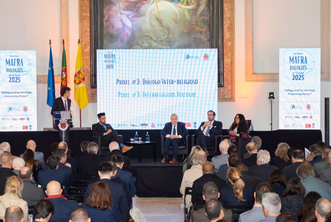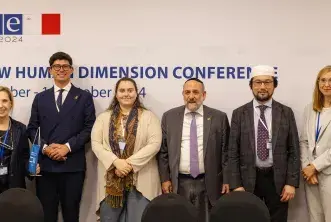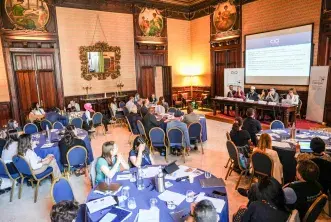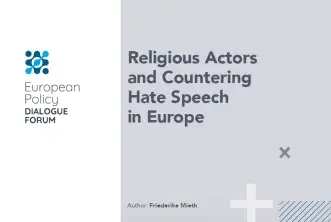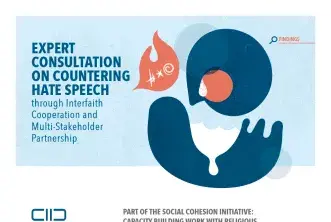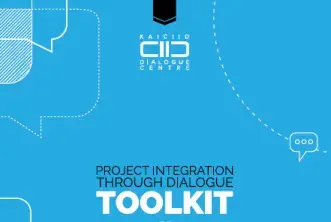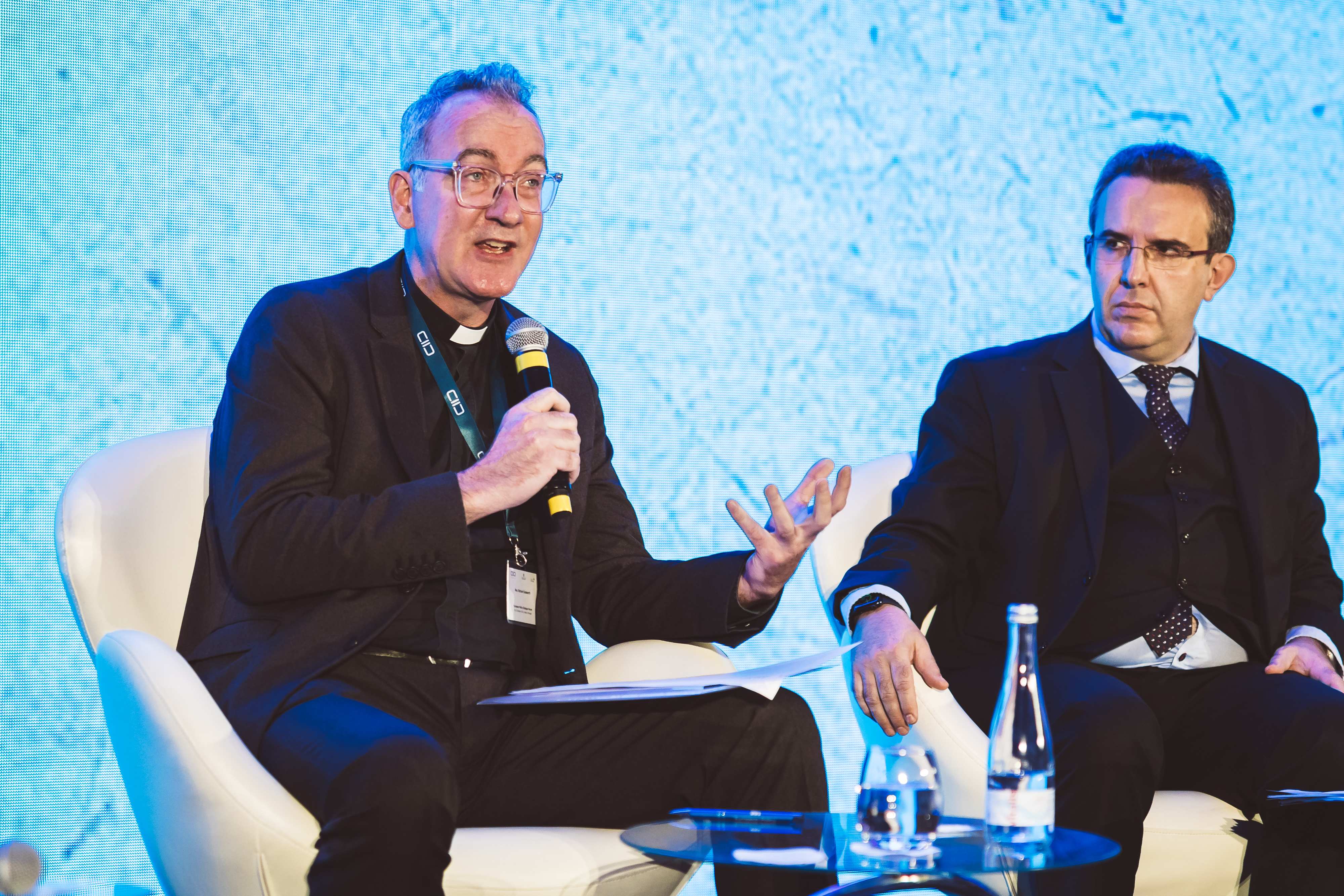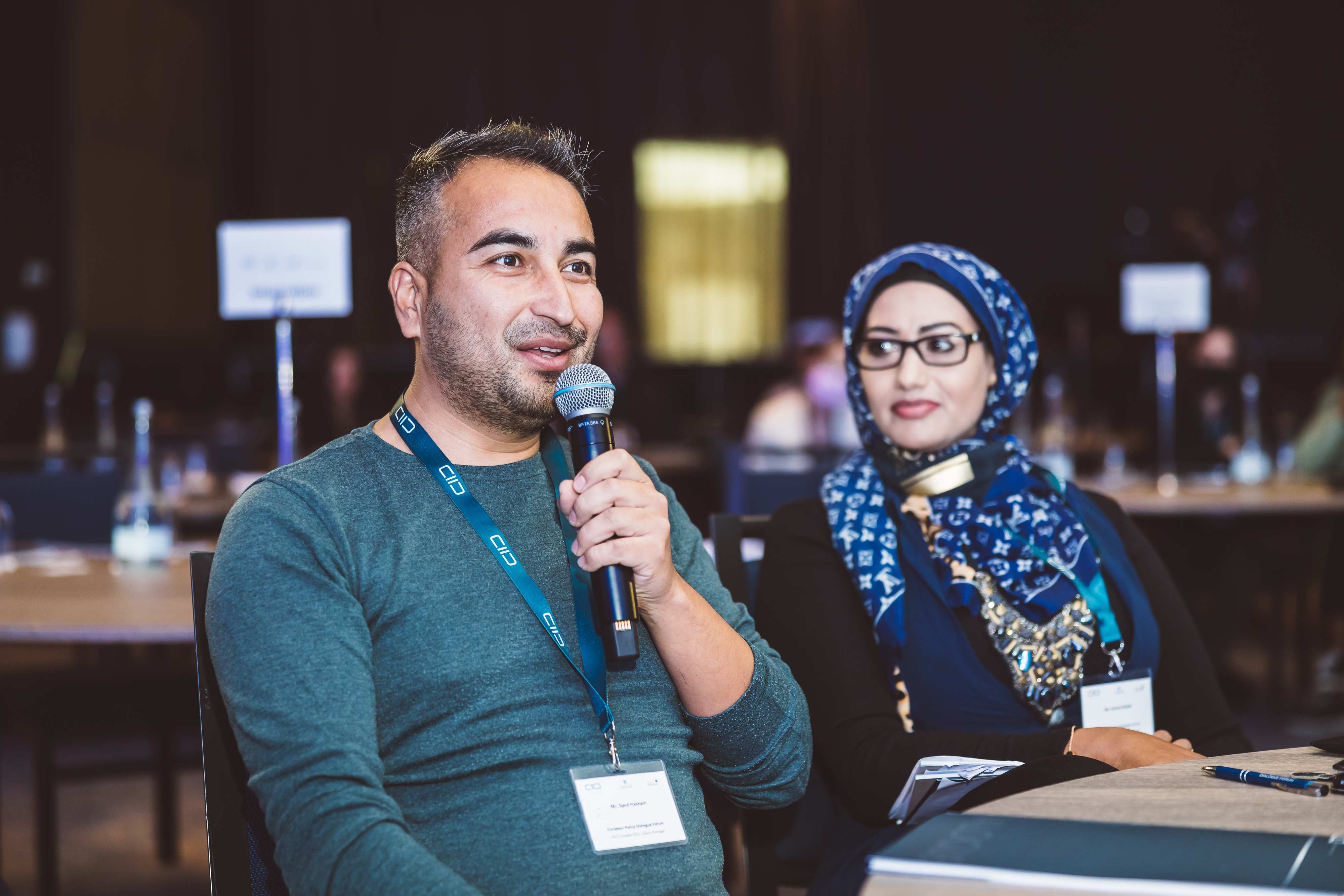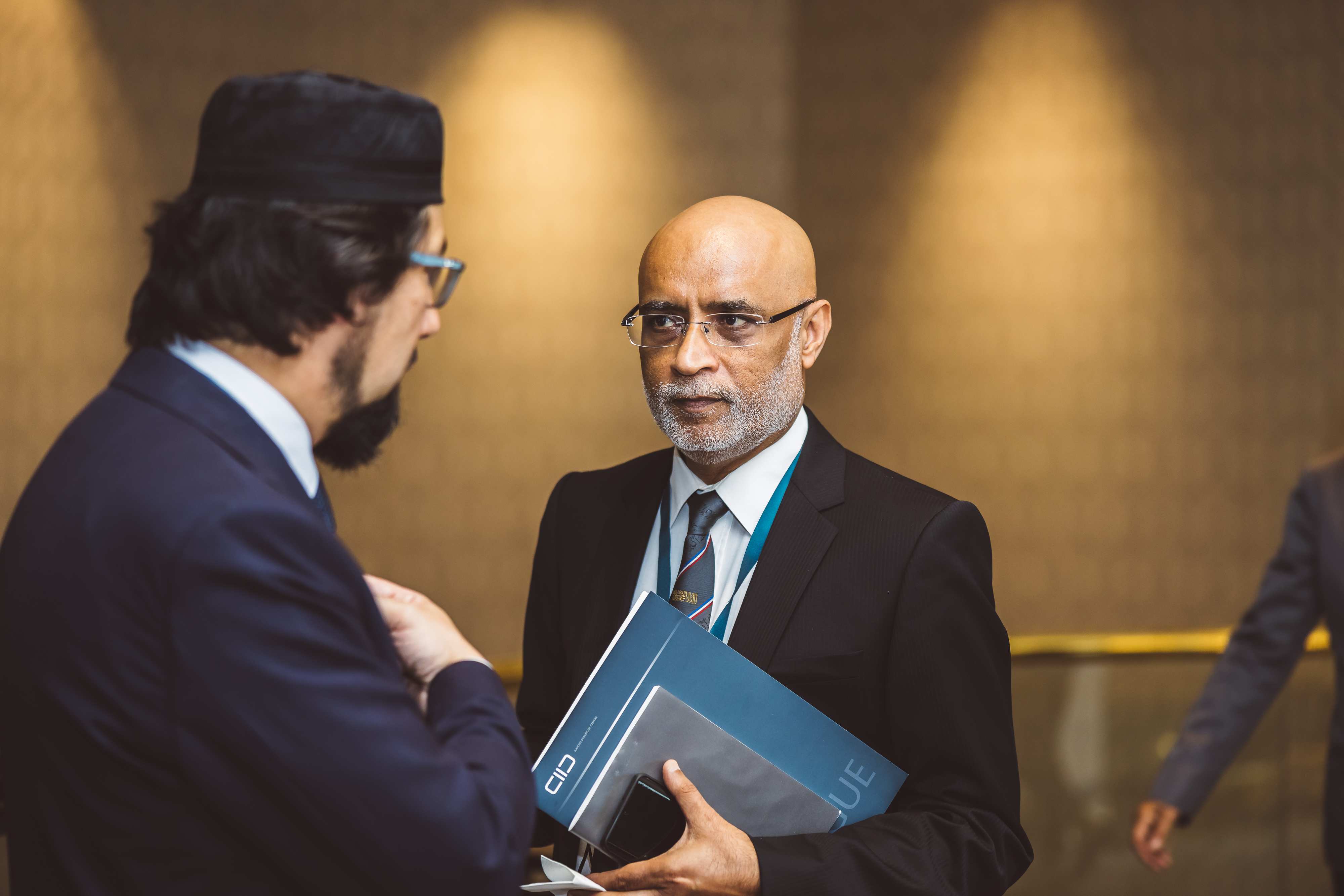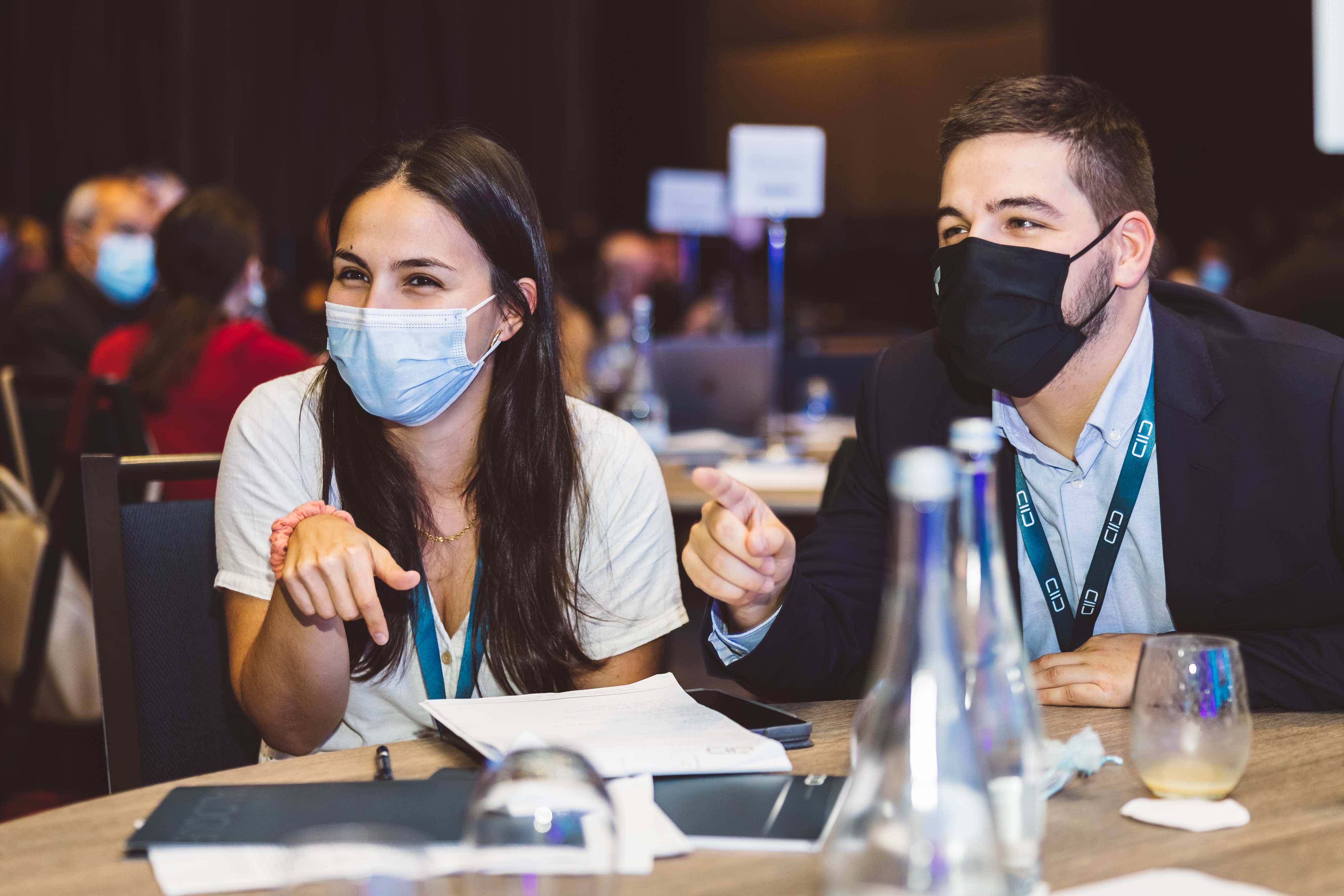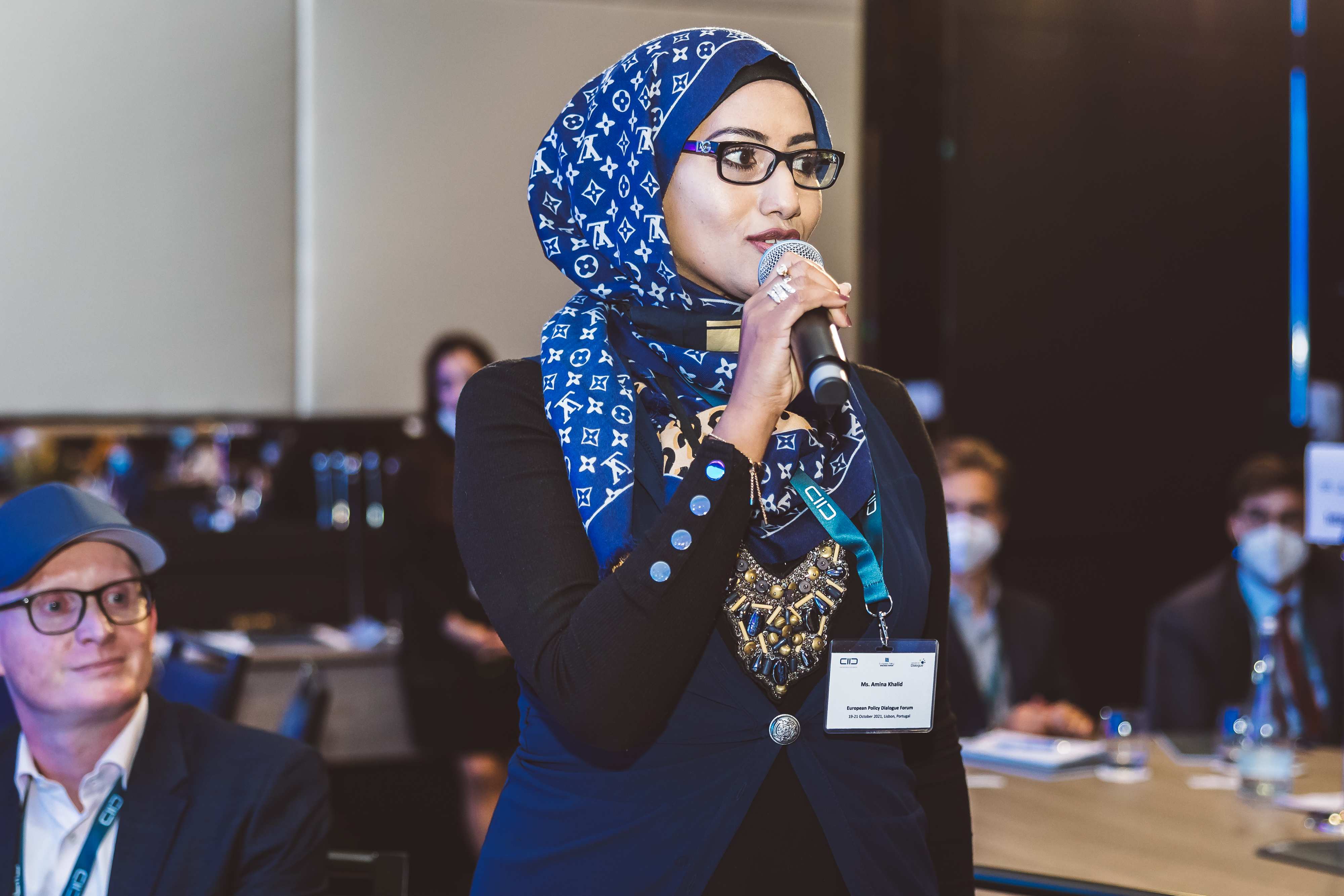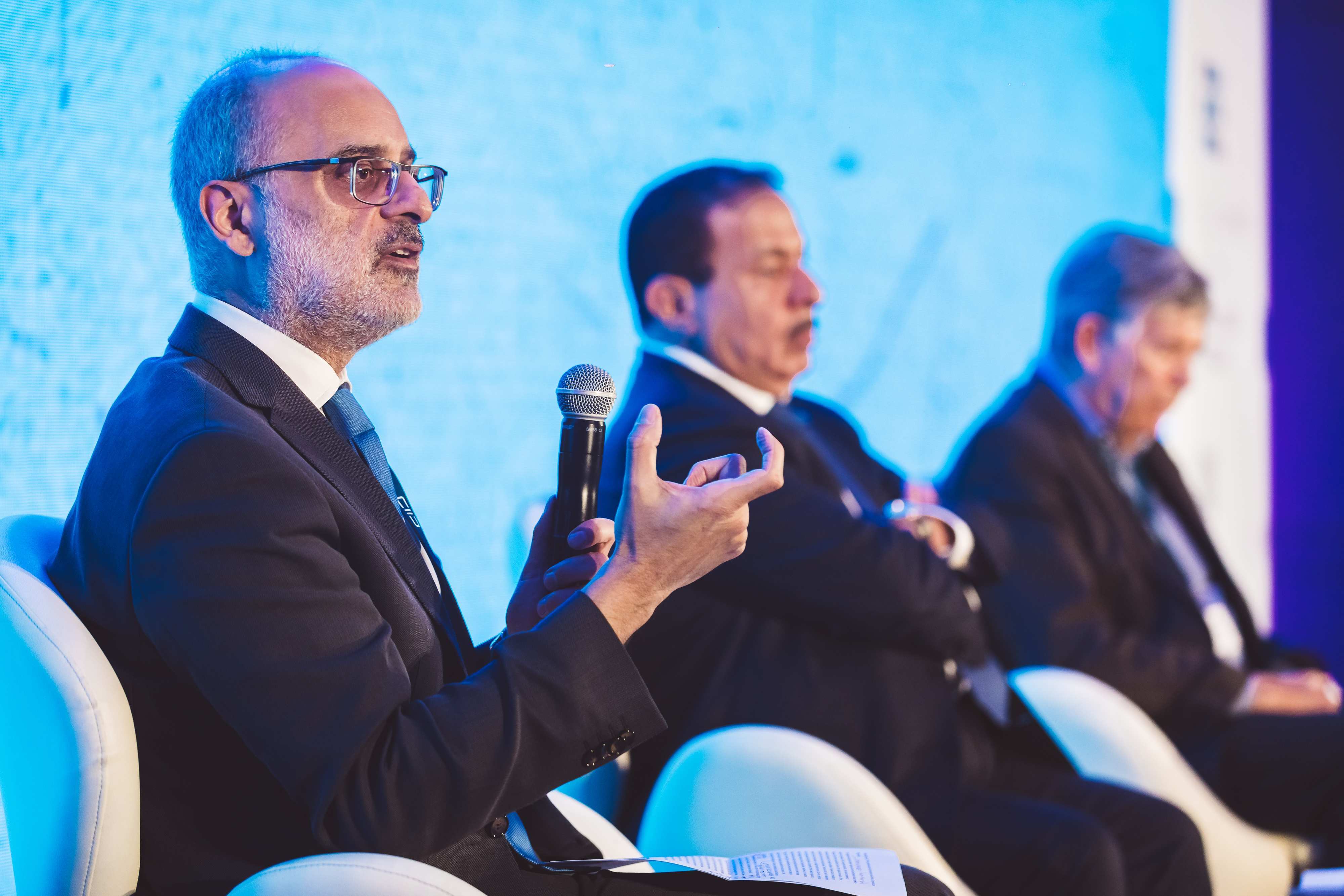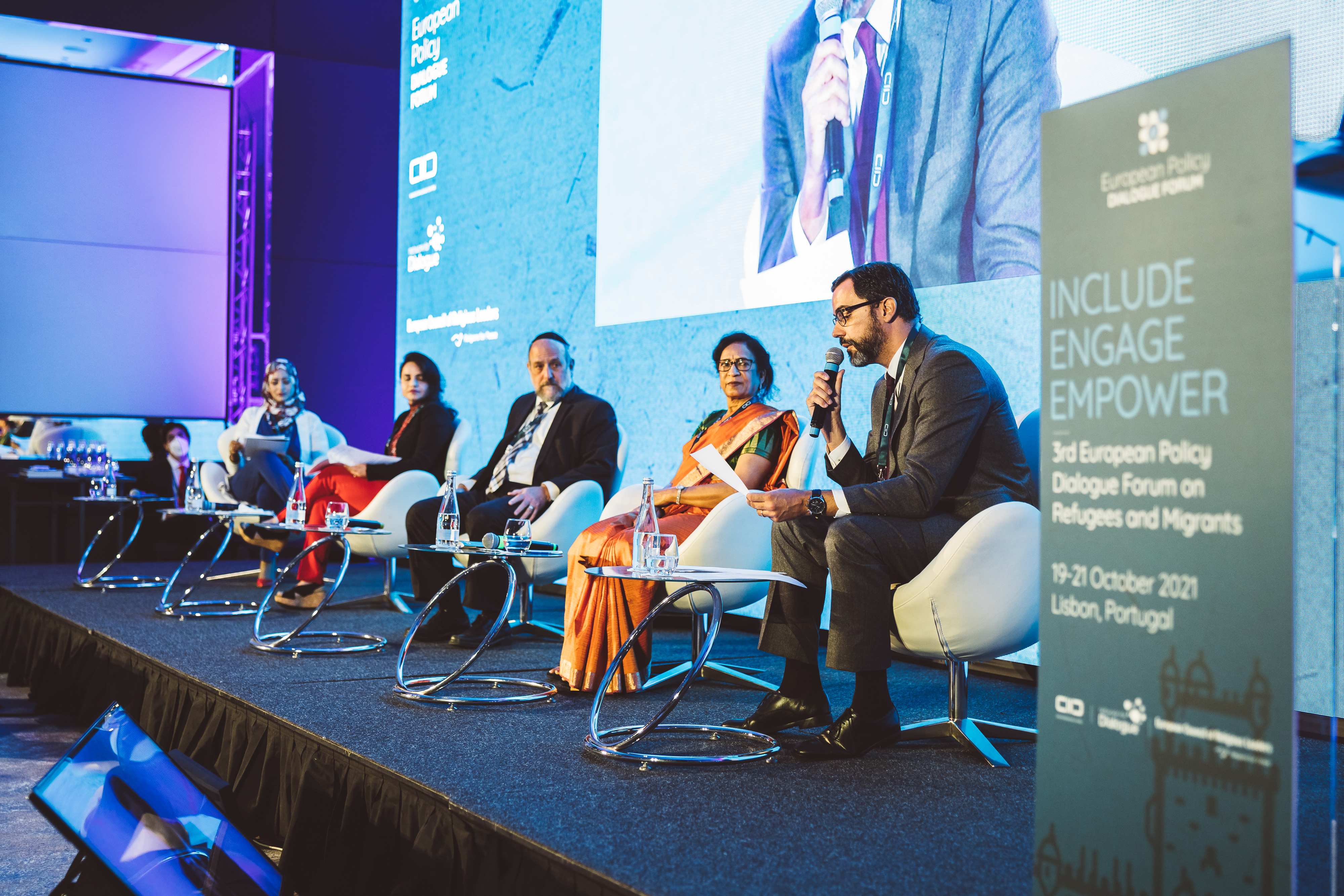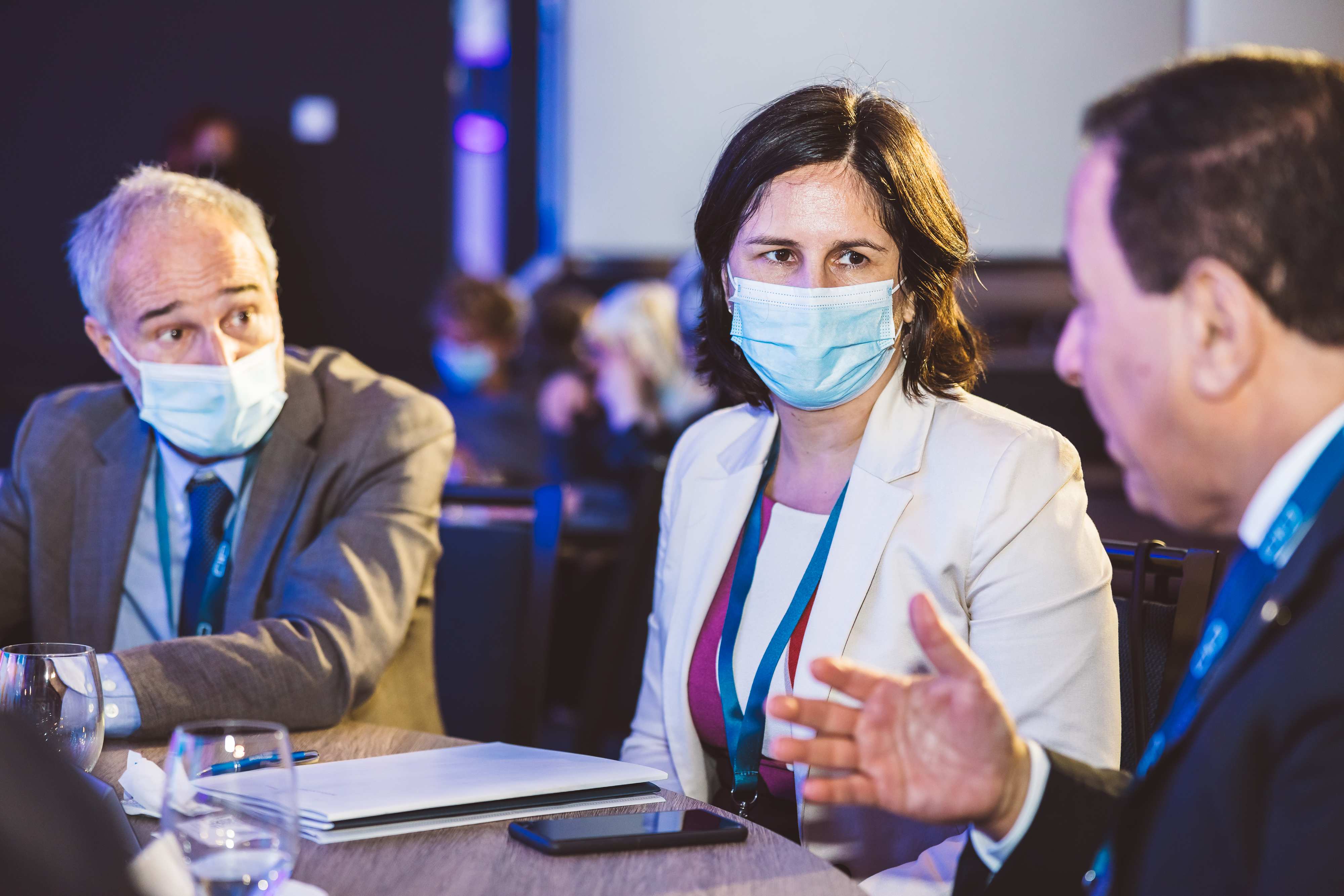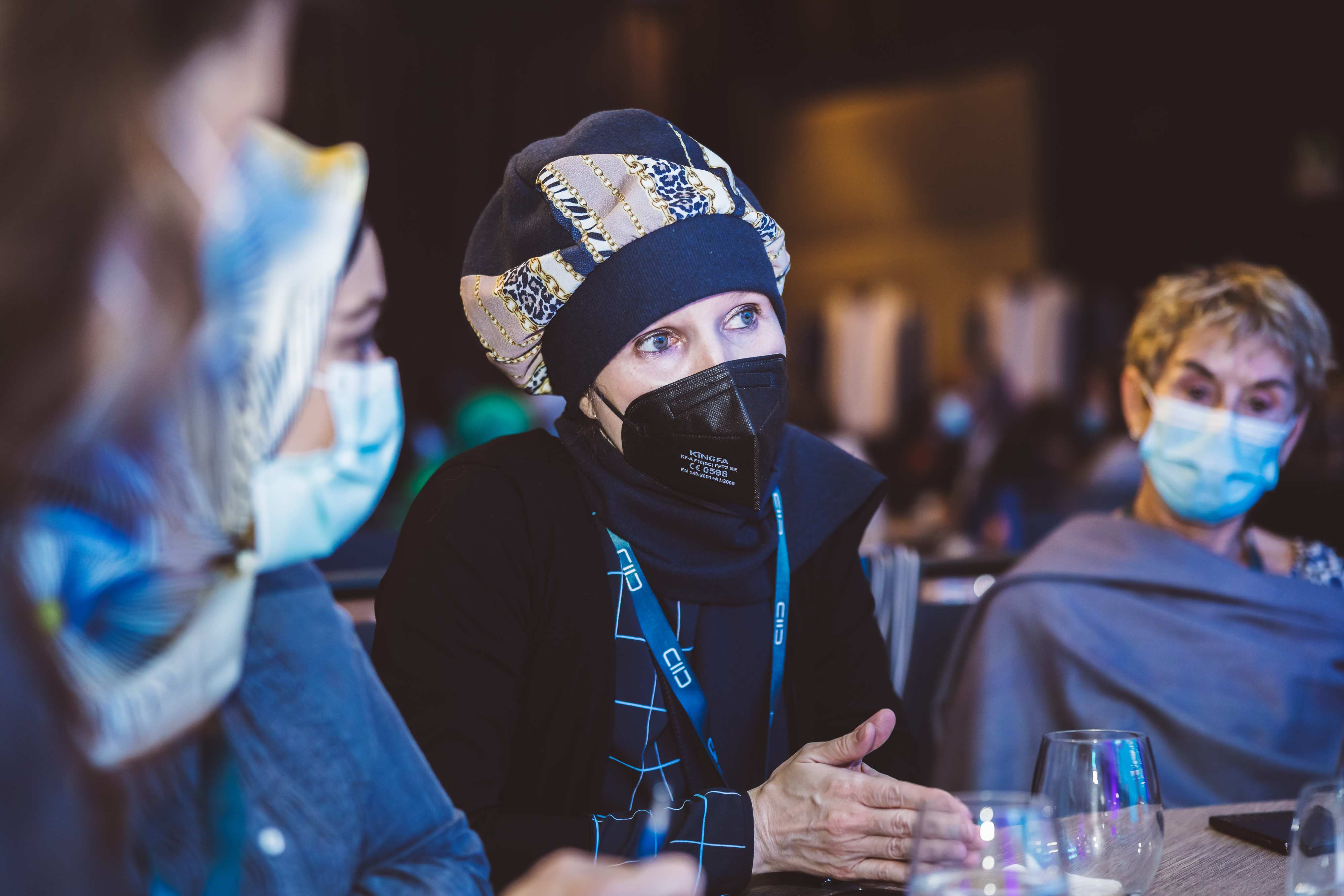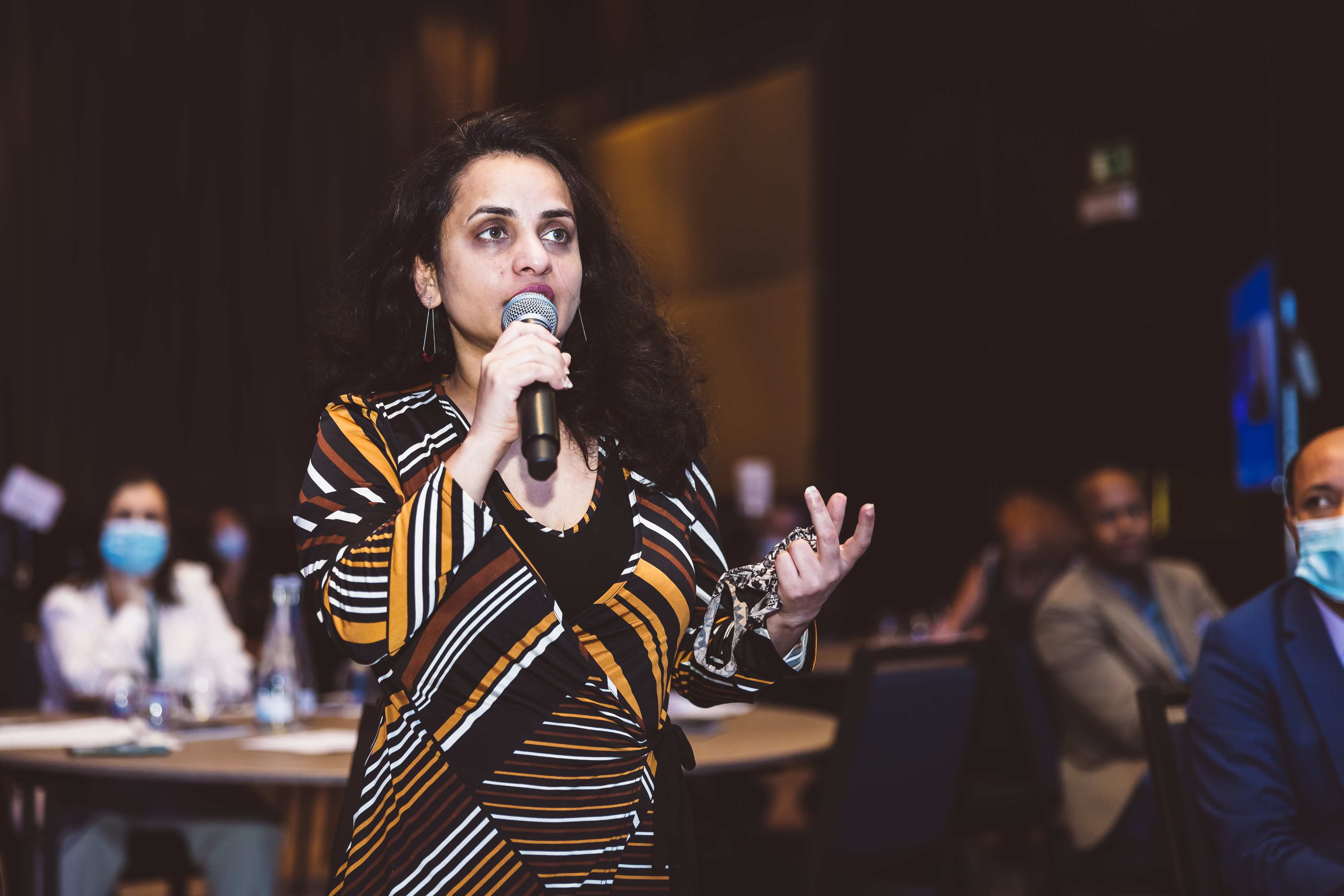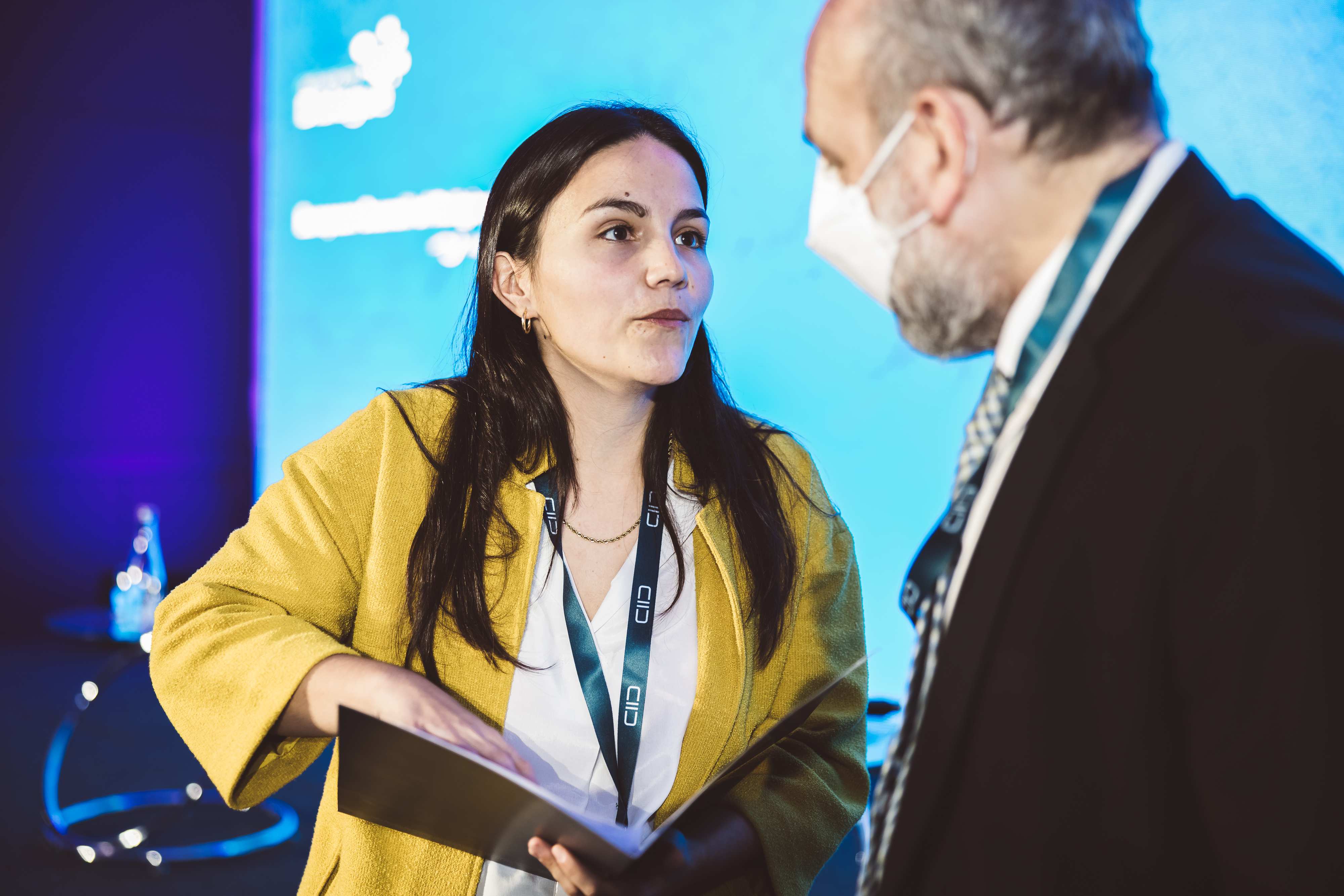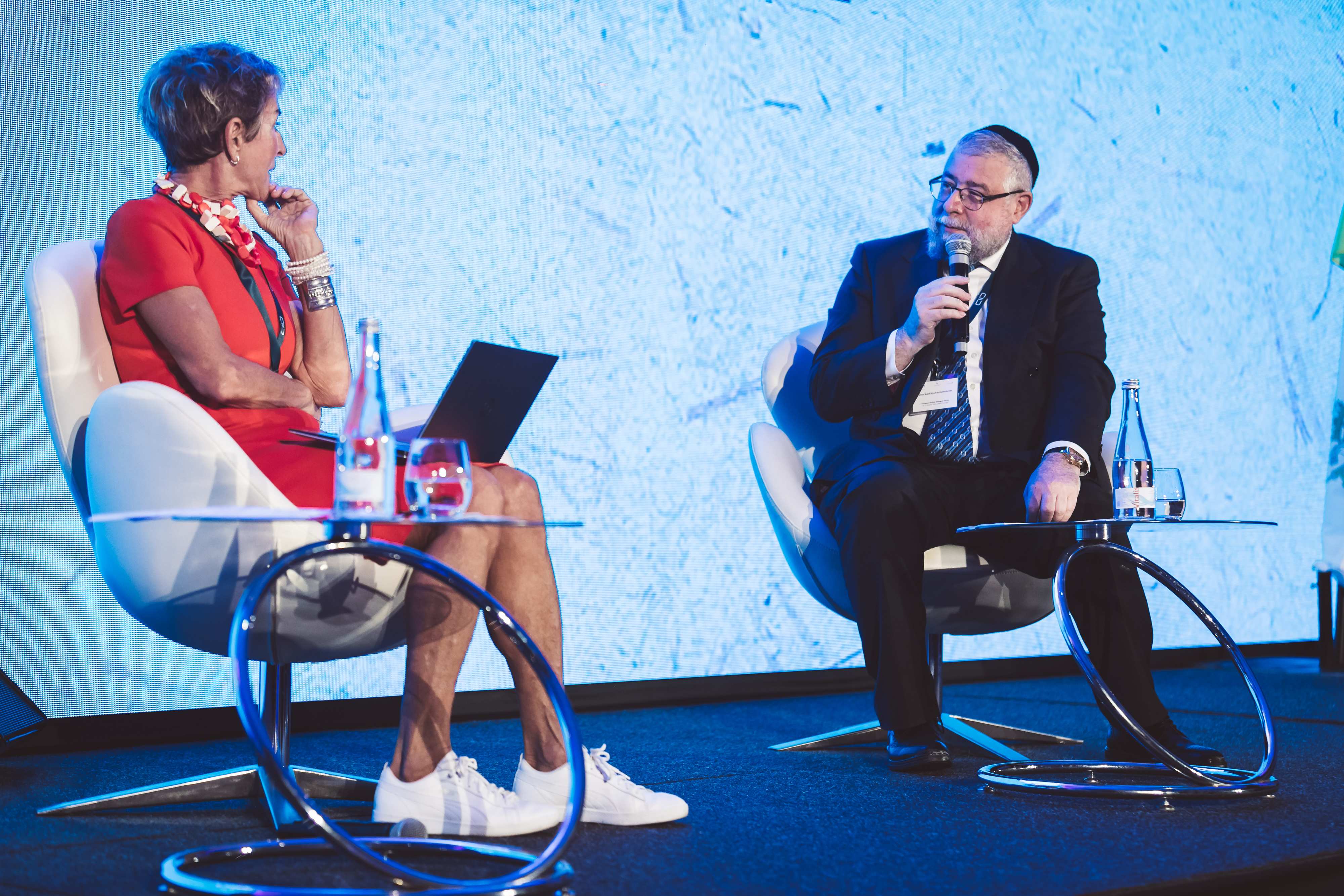Europe region
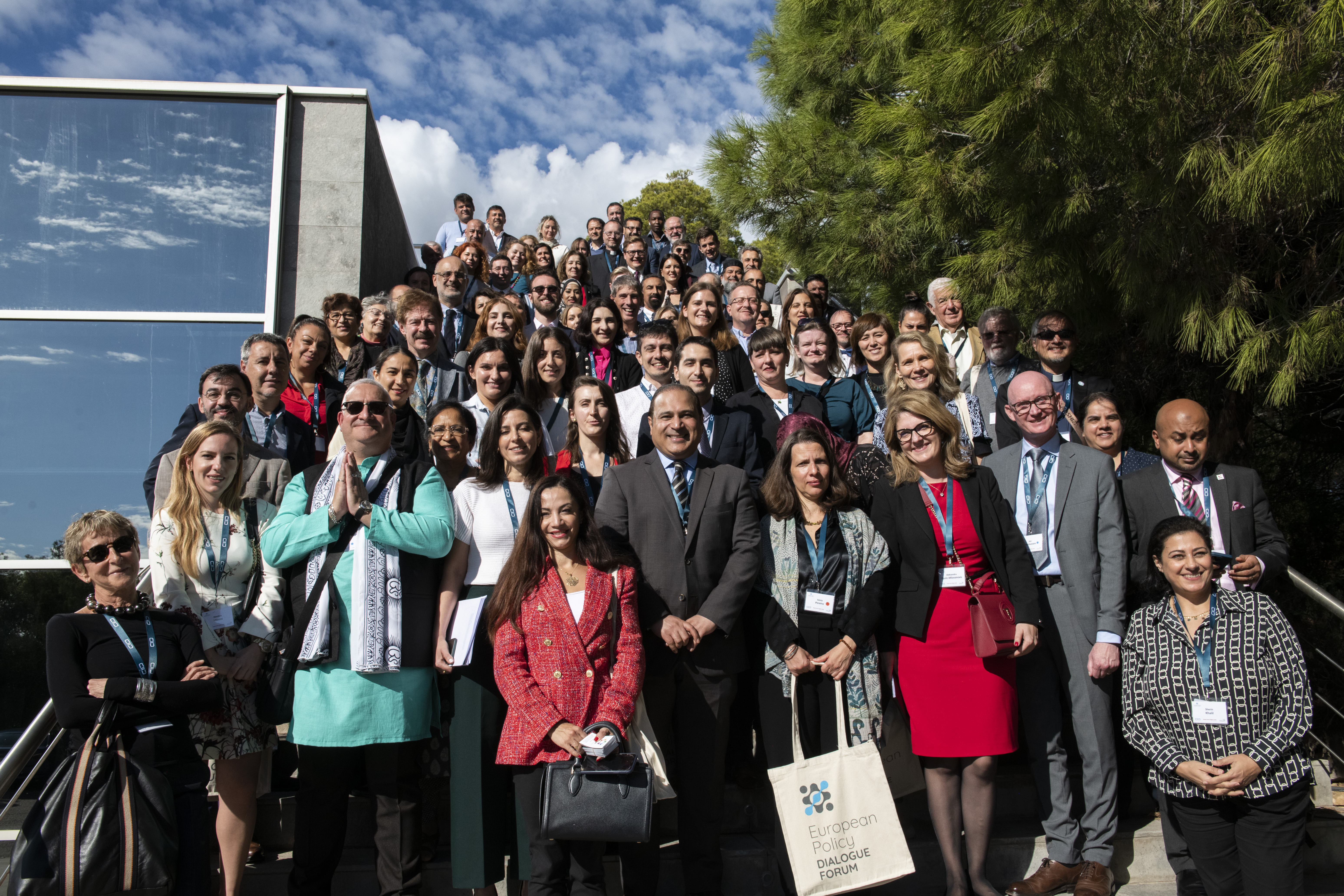
In a Europe marked by intersecting crises and growing polarisations, we harness the power of interreligious and intercultural dialogue to strengthen social cohesion and support reconciliation across the 46 countries of the Council of Europe. Our mission is to foster rights-based, equitable and inclusive societies, drawing on shared values from diverse cultural, religious, and humanist traditions. We provide safe and dynamic spaces that explore complex challenges related to identity, discrimination, exclusion and inequalities based on ethnic, cultural and religious factors. Our aim is to build trust, promote mutual understanding and learning, and foster a sense of belonging, paying special attention to marginalised groups, including religious and ethnic minorities, refugees, migrants, youth, and women from fragile contexts.
By blending policymaking and policy implementation discussions with grassroots actions and research, we engage a diverse range of partners—from secular and religious leaders at all levels to faith-based organizations, civil society, academia, and the private sector. Our interreligious platforms, capacity-development and grant-making initiatives empower individuals and communities, establish networks, and build coalitions committed to constructing the emotional and spiritual foundations needed for fair and cohesive communities that uphold human dignity for all.
We Convene
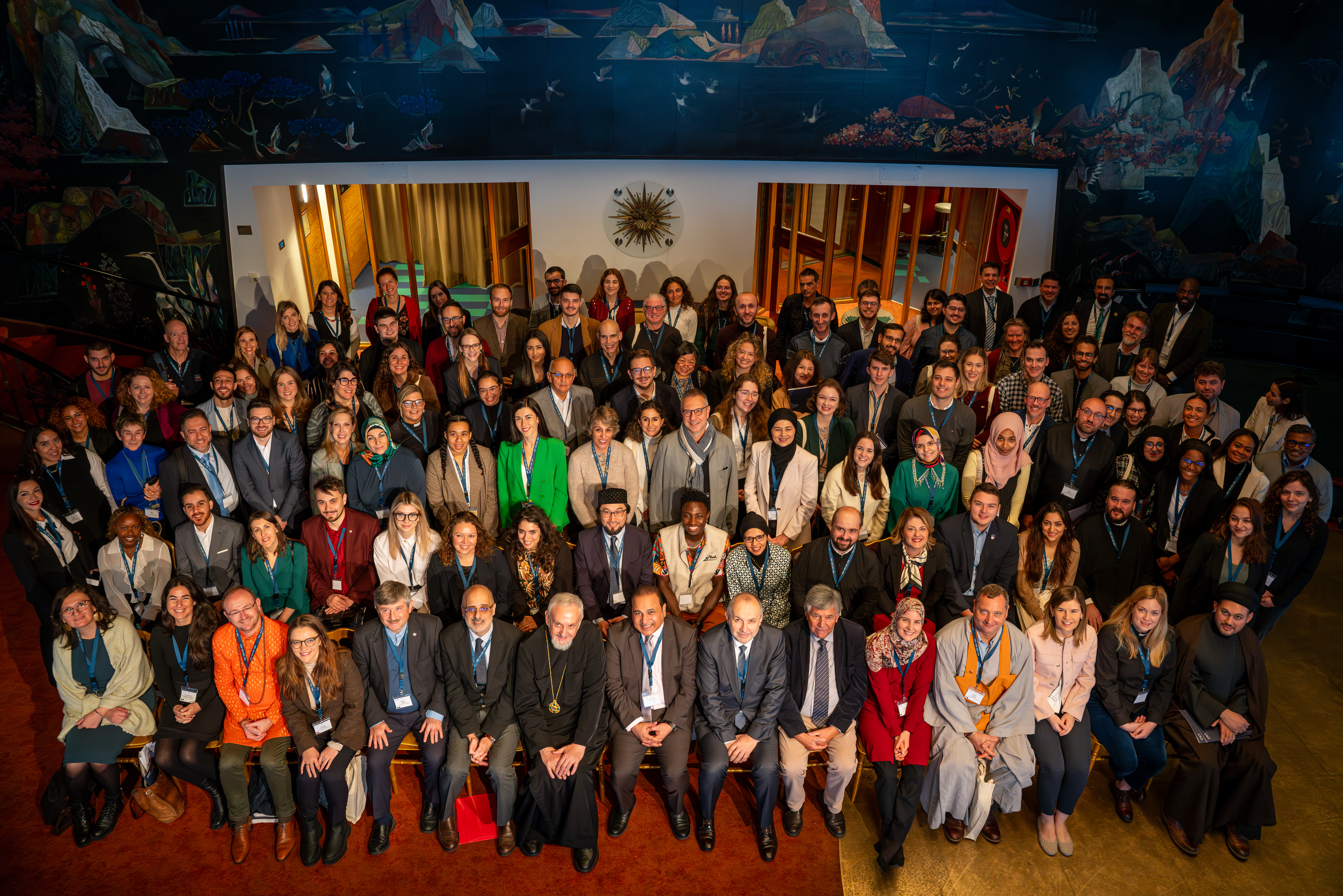
KAICIID brings together a growing, Europe-wide "learning community" of religious and secular stakeholders, finding the common values resonating across diverse religious, cultural, and humanist traditions. Our efforts aim to give a voice to a variety of players, particularly those directly affected by discrimination and exclusion. We facilitate various dialogue platforms designed to raise awareness and mobilise secular and religious stakeholders to advance policy insights, bridge the gap between research and policymaking, and emphasize the ethical urgency of collective action for sustainable peace and development. We explore emerging challenges, identify innovative solutions, foster knowledge exchange, and bridge collaboration gaps.
As the distinct platform of the Europe Region, since 2019, the European Policy Dialogue Forum (EPDF) has provided an interactive and safe space to leverage the role of religious and faith leaders from across Europe in fostering cohesive and inclusive societies. The EPDF enhances cooperation with secular entities—including policymakers, the private sector, international and civil society organizations—across the 46 countries of the Council of Europe. Guided by the motto "Inspire - Connect - Engage", the EPDF promotes policy insights and broad-based actions to uphold the dignity and equal opportunities of all community members, especially the most marginalized groups. Complementary to the EPDF, the European Parliament Policy Talks provide regular opportunities for consultation with political leaders, particularly within the European Union and the Council of Europe, which play a key role in shaping policies that meet the needs, promote the rights, and support the aspirations of minority groups.
Our additional dialogue initiatives - such as Dialogues for Inclusion, University Talks with KAICIID, and the KAICIID Global Reflective Roundtables - are tailored to engage diverse target audiences, giving special attention to nurturing the next generation of thought leaders.
A whole set of publications and information tools are developed as a result of our dialogue experiences.
We Build Capacity
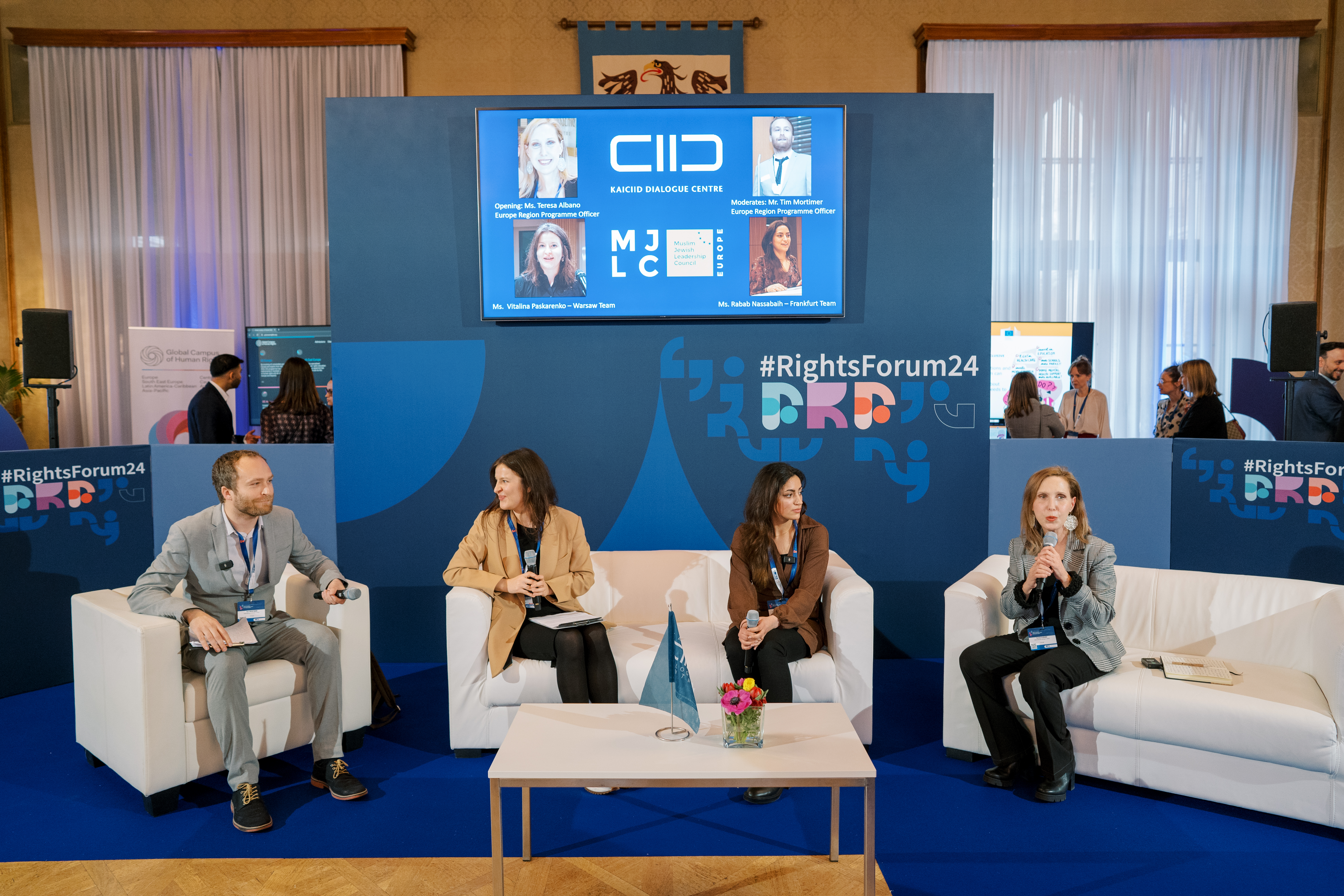
Equipping religious and secular stakeholders with dialogue skills and tools is central to our mission of leveraging interreligious and intercultural dialogue to foster social cohesion and reconciliation in Europe. We offer diverse upskilling and capacity-building opportunities, tailored to the specific needs of the contexts in which we operate and the roles of our stakeholders, in line with the policy insights stemming from our dialogue initiatives connected with the European Policy Dialogue Forum (EPDF).
In our effort, we pay special attention to young leaders and changemakers with programmes designed particularly around their needs and aspirations.
With the Ambassadors Programme of the Muslim-Jewish Leadership Council (MJLC), we invest in the capacity of young European Jewish and Muslim community leaders to build bridges and create spaces of trust, collaboration and mutual understanding, particularly meaningful at a time when religion appears to be at the heart of conflict and divisions. The young Muslim and Jewish Ambassadors work together to dispel prejudices, nurture mutual understanding, and work together on interreligious initiatives in cities across Europe. The programme is delivered under the mentorship of established religious leaders who are members of the Muslim-Jewish Leadership Council (MJLC), a Europe-wide platform that since 2016 has been gathering over 40 Imams and Rabbis to build trust and renew relations of solidarity.
To equip a multi-faith community of religious leaders with the skills to de-escalate polarization, we are developing the KAICIID Resource Guide for Religious Leaders to Understand and Address Hate Speech. This effort is supported by an Ad Hoc Advisory Group comprising religious leaders and experts from international, regional, and civil society organizations. The guide will pave the way for renewed, coordinated efforts to prevent hate speech both online and offline and provide a healing environment for those affected, fostering social cohesion and restoring dignity within and across communities.
Catalysts for Cohesion (C4Ɔ) supports young changemakers aged 18-30 willing to address pressing social issues in their communities and neighbourhoods. In the framework of this initiative, we strengthen skills, we offer safe and inclusive spaces to explore challenges, we deepen understanding of power dynamics and tensions across religious and cultural groups as well as generations, we identify opportunities and pathways for dialogue, we entrust resources to implement local solutions. C4Ɔ empowers a generation of young community members actively engaged in bridging communal divides and fostering feelings of belonging across differences.
With the Cities for Inclusion (C4I) workshops we aim to empower local institutions to actively involve community members in finding solutions for underserved and marginalized groups. In the ever-changing urban spaces, identity and belonging are constantly redefined, while individuals from fragile contexts—such as refugees, migrants, and other minorities—are increasingly pushed to the margins. The programme fosters collaboration between religious and secular actors at the local level to transform communities and neighborhoods into hubs of inclusion by promoting policies and practices that support the integration of vulnerable populations, including migrants and religious minorities.
We Advance Policy and Practice
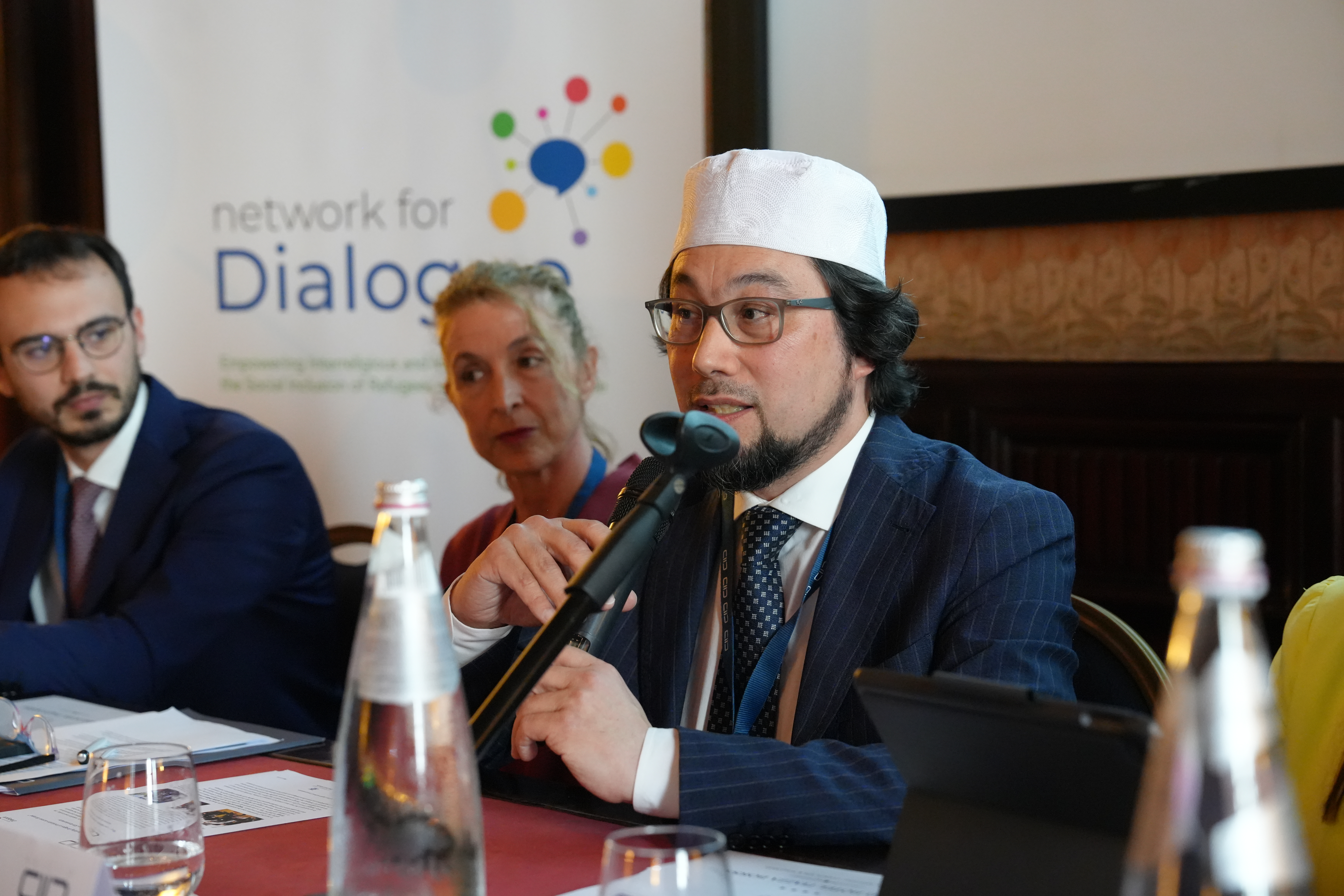
Based on the policy insights developed in the framework of the European Policy Dialogue Forum (EPDF), we promote and facilitate communities of practice, gathering groups who share common visions of peaceful coexistence and are actively engaged in learning from each other as part of a long-term commitment of trust. We support our Communities of Practice to operationalise policy recommendations and multiply beneficial experiences, addressing challenges and pursuing shared solutions through collaborative efforts and ongoing solidarity.
To build trust and counter prejudice, disinformation, and violence against Muslims and Jews the Muslim-Jewish Leadership Council (MJLC) was founded to bring together Muslim and Jewish leaders from Europe. Since 2016, the MJLC has acted as a pan-European platform that has successfully fostered cooperation and ongoing solidarity between Muslim and Jewish communities in times of growing anti-Muslim hatred and antisemitism, providing a vital symbol of hope in an increasingly divided Europe.
To foster dialogue within and among Muslim communities in Europe, since 2018, the European Muslim Leaders' Majlis (EuLeMa) has served as a platform for effective communication and coordination as well as greater representation of Islam within other faith and secular institutions in Europe. EuLeMa currently includes Islamic religious leaders from 24 European countries.
To promote refugee and migrant integration, the Network for Dialogue (N4D) has brought together 28 faith-based and secular organizations from 17 European countries since 2019. By fostering interreligious and intercultural dialogue, N4D strengthens social cohesion and contributes to a welcoming culture that embraces diversity as a cornerstone of thriving, peaceful communities.
